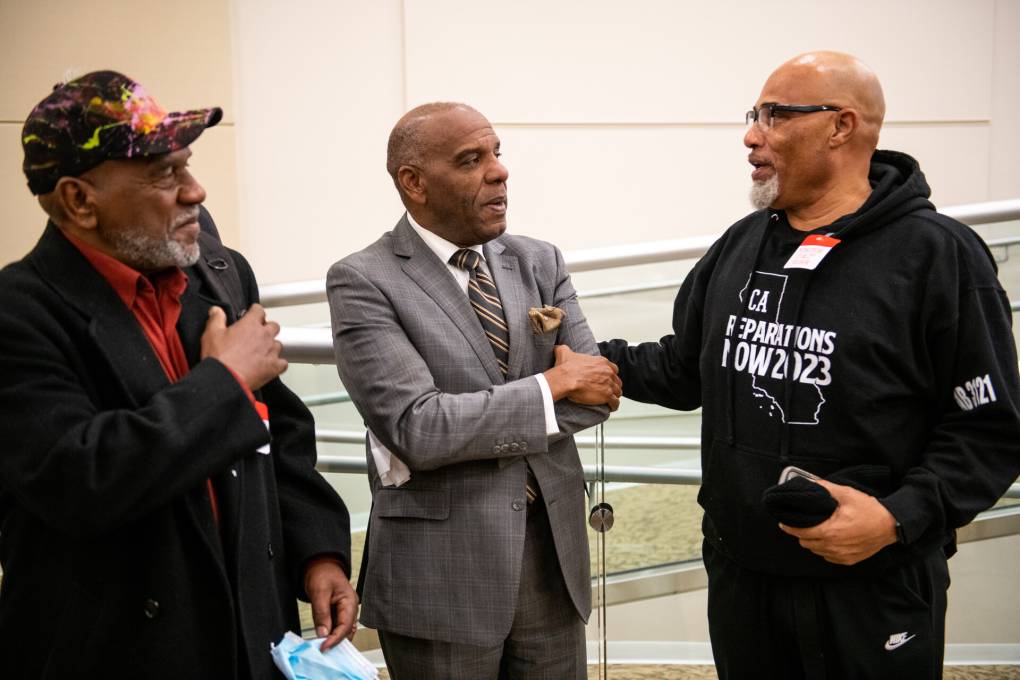
The movement to reclaim land taken by racist government action has found some success in California, most notably with the 2021 return of Bruce’s Beach in Southern California.
Since then, former residents of Russell City in Alameda County, Los Angeles and Palm Springs have launched campaigns for the return of land — or fair compensation for properties they believe were improperly razed.
If signed into law, SB 1050 would create a standardized state process to review claims. However, the bill is dependent on the passage of SB 1403, which is still pending before the Assembly. SB 1403 would establish the California American Freedmen Affairs Agency to implement the recommendations of the reparations task force. The agency would, among other duties, determine how an individual’s status as a descendant of an enslaved person would be confirmed.
If SB 1403 becomes law, SB 1050 would still need the Legislature to allocate funding to the bill for it to be enacted.
In addition to being one of the CLB’s priority reparations bills, SB 1050 has also become a priority for reparations activists.
“The original promise of reparations always began with property and land. If you think about the ’40 acres and the mule’ original promise, that was about land and property,” said Chris Lodgson, lead organizer for the Coalition for a Just and Equitable California. “So one of the natural first steps would be to start with the return of that land or compensating those families of rightful owners with the fair market value of that land and that property.
“SB 1050 does that.”
Here’s a brief recap of SB 1050. For more information on reparations bills, visit our tracker.
Author: Sen. Steven Bradford (D-Gardena)
What it wanted to do: Review, investigate and “make certain determinations” on applications from California residents who claim their land was taken through racially motivated use of eminent domain without being provided fair compensation.
Why is this reparations? Between 1949 and 1973, Black Americans were five times more likely than white Americans to be displaced by government use of eminent domain. In the Bay Area, the Fillmore, Russell City and West Oakland were impacted by the practice. According to research by the reparations task force, displaced families and businesses often said the money the government provided for the land was below market rate and insufficient for relocation.
Catch up quickly: SB 1050, authored by Sen. Steven Bradford (D-Gardena), a member of the reparations task force, is dependent on SB 1403, which would create a government agency to manage reparations programs for eligible Black Californians, passing.
SB 1050 would instruct the new agency’s Office of Legal Affairs to review claims, make payments to eligible families and provide public education about the unjust use of eminent domain throughout the state. Initially, the bill required the state to review its own history of taking land and locate victims to provide compensation. The bill was amended on April 3 to put the onus on individuals to apply to the state for compensation.

